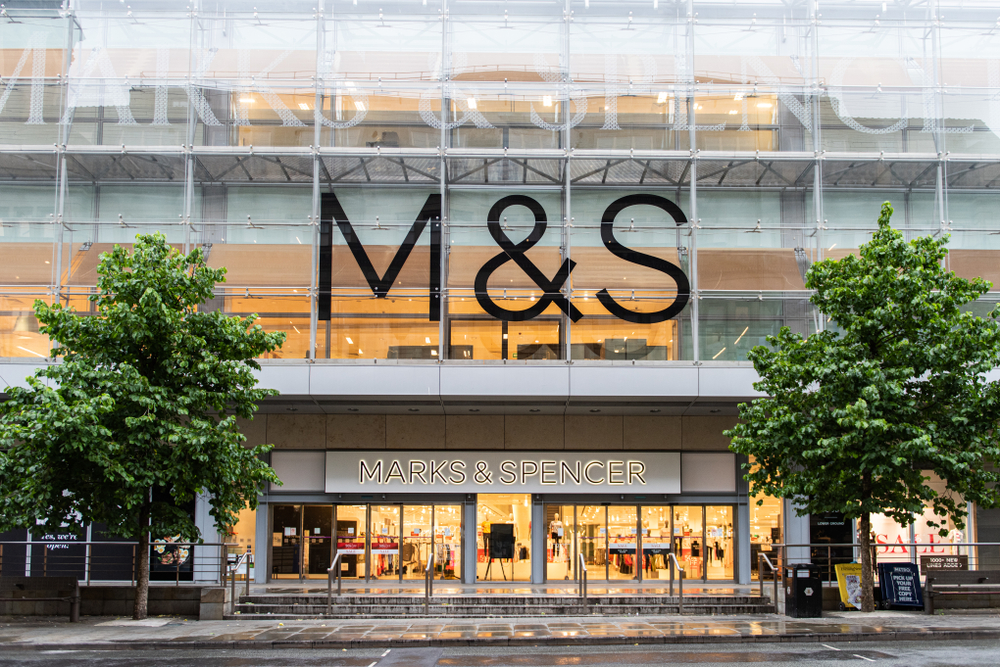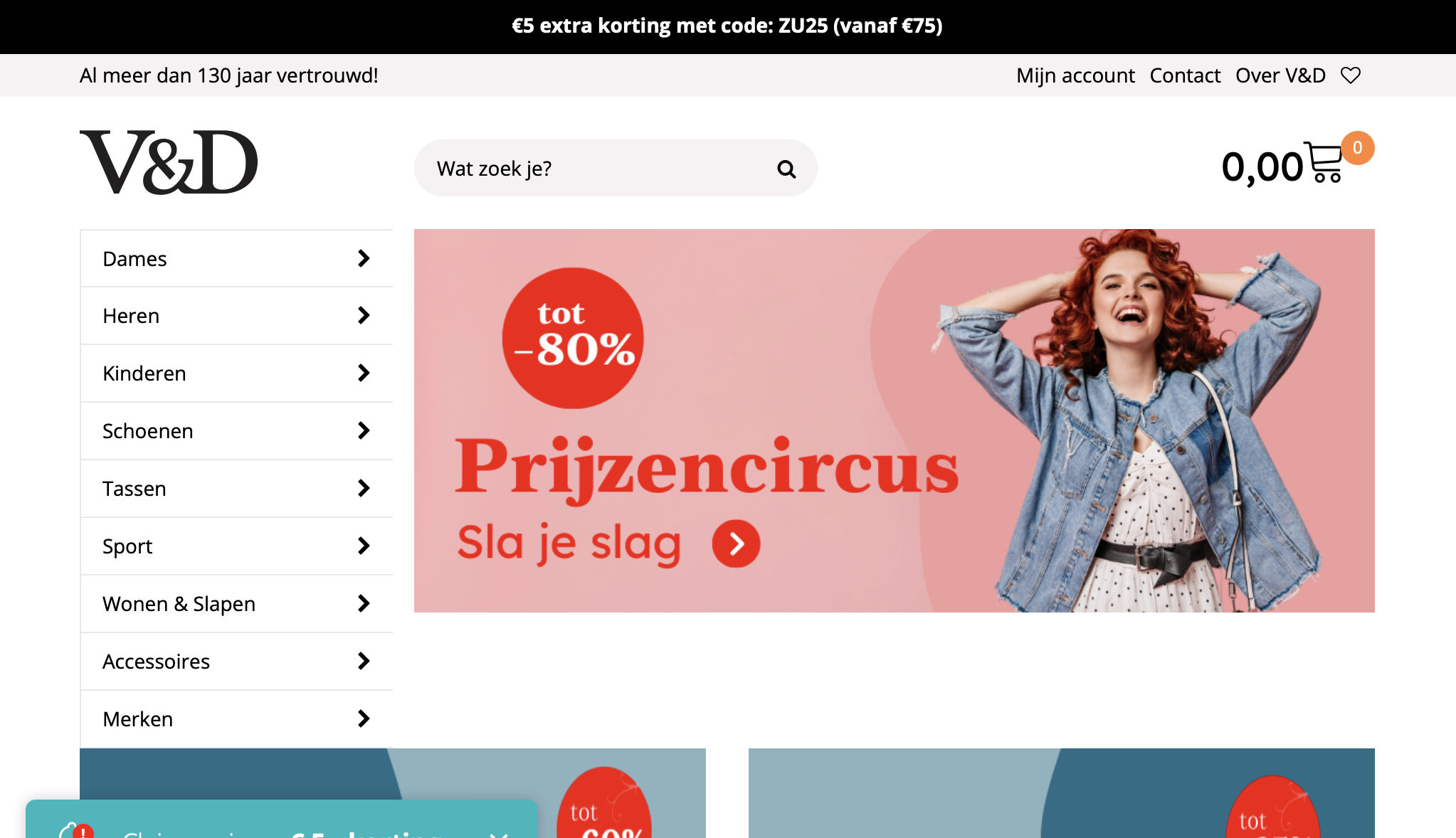Retailers and brands around the world could unlock £2.2 trillion in value by speeding up the pace of digital transformation, a report out this week suggests.
Accenture Strategy’s Painting the digital future of retail and consumer goods companies report argues that investments in new, digitally-driven business models will give consumers greater choice around how they buy goods and services, while enabling companies to deliver profitable and differentiated experiences.
“The next decade will be a golden age for consumers, with technological innovation creating a variety of shopping experiences that will give consumers the simplicity, convenience or excitement they crave,” said Chris Donnelly, senior managing director, global retail lead at Accenture Strategy. “Out of the £2.2 trillion in value the report identified, consumers have the most to gain – just over £1.5 trillion – through cost and time savings. The success of retailers and consumer goods companies to unlock value will be dependent on their ability to gain a deep understanding of consumers, embrace disruptive technologies and adopt innovative business models.”
The study came out of a value-at-stake methodology that Accenture Strategy created for the World Economic Forum to quantify the impact of digital transformation on the retail and consumer goods industries, and consumers, in digitally developed economies over the next decade. It also drew on Accenture Strategy’s latest Global Consumer Pulse Research which questioned 25,426 consumers across 33 countries during July and August 2016, including 1,811 UK consumers. It found that 39% of UK consumers would allow companies to collect their personal data via intelligent devices in return for a better experience or financial reward. Another 37% would subscribe to a service that constantly looks for the best pricing deals on their behalf, and actively recommends which company to switch to, and when.
Nearly a quarter (24%) of respondents would use sensor-based digital services that pre-emptively address their needs without human intervention. Another 21% would subscribe to brands that analyse their shopping history to select products especially for them, and orders them automatically.
“The retail and consumer goods industries will change more in the next 10 years than they have over the past 40,” said Oliver Wright, managing director, global consumer goods lead, Accenture Strategy. “As expectations around cost, choice, convenience and experience continue to increase, consumers will challenge the industry to evolve and innovate which will drive huge growth in digital commerce.”
Accenture says that in order to take these next steps, retailers and consumer goods companies need to explore four key business models, based on sharing, personalisation, replenishment and services.
It also says that regulators must look at how to minimise the effect on society and local communities, reskilling workers and ensuring sustainability.
“To thrive in the next decade, organisations must aggressively pursue innovation and be willing to disrupt themselves. The winners will be those organisations that prioritise adopting a partnership mindset to offer customers new value, innovatively meet consumer demand for new services, and implement advanced data sciences to derive deeper customer insight to enable better decision-making,” said Donnelly.








